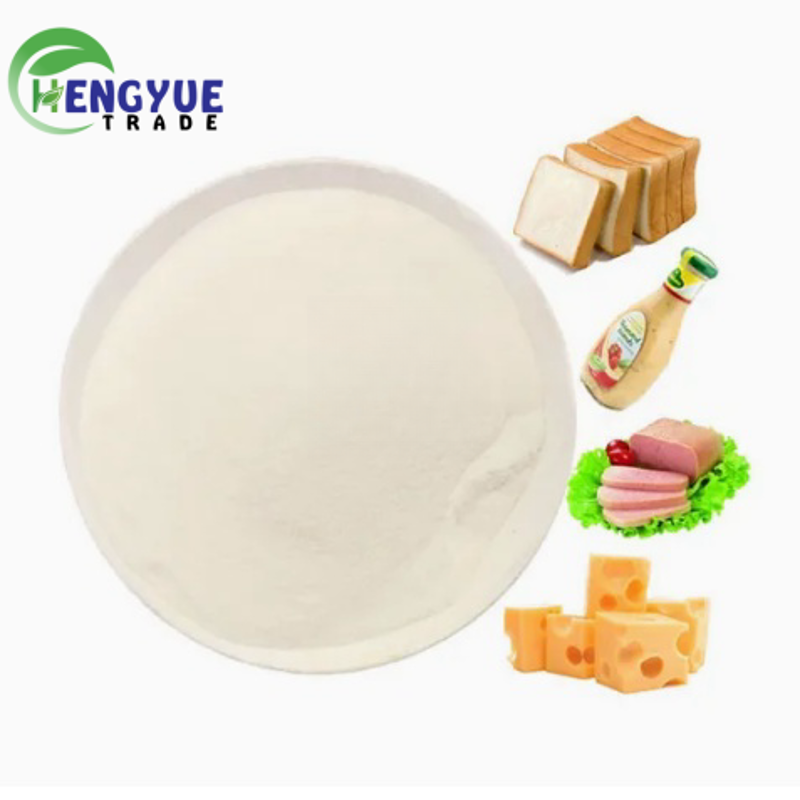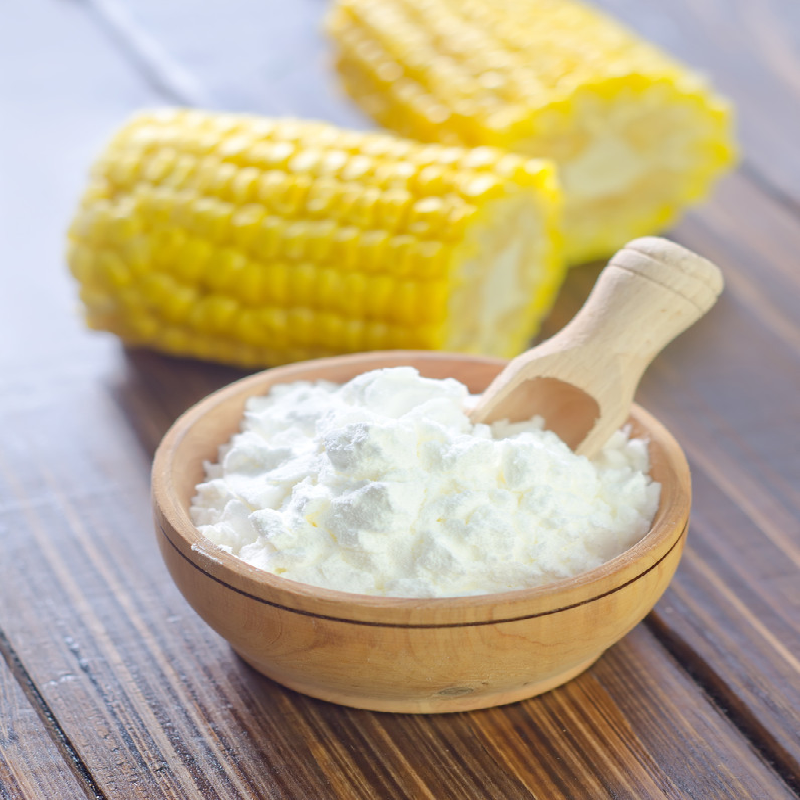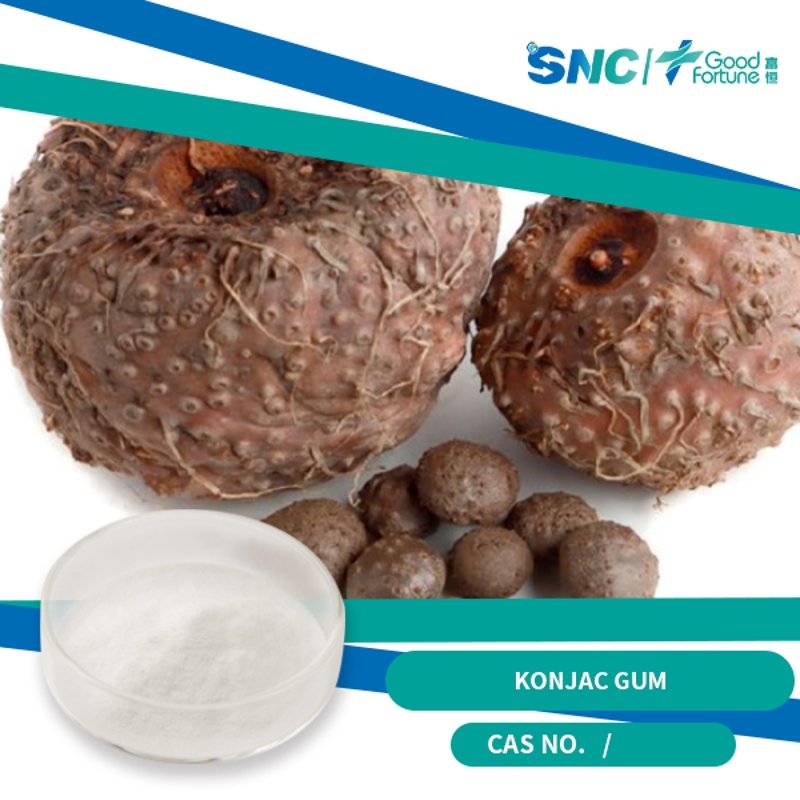Types of natural thickeners in common use
-
Last Update: 2017-11-01
-
Source: Internet
-
Author: User
Search more information of high quality chemicals, good prices and reliable suppliers, visit
www.echemi.com
Introduction: Although a lot of thickeners we use are natural and chemical synthetic, but chemical synthetic ones are still in the minority Let's introduce the types of natural thickeners commonly used Food thickener is a kind of hydrophilic food additive which can be dissolved or dispersed in water, increase the viscosity of fluid or semi fluid food, and maintain the relative stability of the system There are many hydrophilic groups in the thickener, such as hydroxyl, carboxyl, amino and carboxyl, which can react with water molecules Generally, food thickeners are colloidal substances with high molecular hydrophilicity At present, some of the commonly used thickeners are natural thickeners, and some are synthetic thickeners Most of the natural thickeners come from plants, and some come from animals and microorganisms So far, food thickeners used in food industry in the world can be divided into five categories according to their sources The first four kinds of natural thickeners are commonly used (1) The thickener seaweed glue made from seaweed is a kind of food glue extracted from seaweed The variation of water temperature and salt content in different sea areas of the earth are different There are more than 15000 species of marine algae, which are divided into four categories: red algae, brown algae, blue algae and green algae The important commercial seaweed glue mainly comes from brown algae The structure, composition, function, property and use of the hydrocolloids in different species of seaweed are different (2) Thickener made from plant seeds and plant extracts thickener made from plants and their seeds, in many cases, the water-soluble polysaccharide is similar to the exudate after plants are stimulated They are made with sophisticated expertise, including selection, planting and layout Seed collection and treatment have a set of scientific methods As with animal and plant exudates, this thickener is a salt of polysaccharide acid Its molecular structure is complex, and the commonly used thickeners are guar gum, carrageenan, seaweed gum, etc (3) Another kind of widely used food thickener, such as xanthan gum, is produced by the interaction of the thickener fungi or bacteria generated by the metabolism of microorganisms and starch substances It is the decomposition of starch into monosaccharides, followed by the condensation reaction of these monosaccharides and then the condensation reaction to synthesize new molecules Arabic gum and tragacanth gum belong to this kind of thickener (4) Thickeners made from animal raw materials are extracted from skin, bone, muscle, milk, etc Its main component is protein The varieties are gelatin, casein, etc (5) According to the processing technology, the thickeners can be divided into two categories: with cellulose, starch and other raw materials as raw materials, under the action of acid, alkali, salt and other chemical raw materials, they are prepared by hydrolysis, condensation, chemical modification and other processes Its representative varieties are carboxymethylcellulose sodium, modified starch, alginate, etc Is it safe to add thickeners to food? Most natural thickeners are safe, and chemically synthesized thickeners can only be sold on the market after a large number of experiments Moreover, food thickeners approved by the state are basically safe, mainly used according to the specified dosage If you are not sure, you can use the food safety detector to check whether there are toxic substances in the food, or learn more about some food additives, or help us learn more about thickeners Editor in charge: he xianrob
This article is an English version of an article which is originally in the Chinese language on echemi.com and is provided for information purposes only.
This website makes no representation or warranty of any kind, either expressed or implied, as to the accuracy, completeness ownership or reliability of
the article or any translations thereof. If you have any concerns or complaints relating to the article, please send an email, providing a detailed
description of the concern or complaint, to
service@echemi.com. A staff member will contact you within 5 working days. Once verified, infringing content
will be removed immediately.







